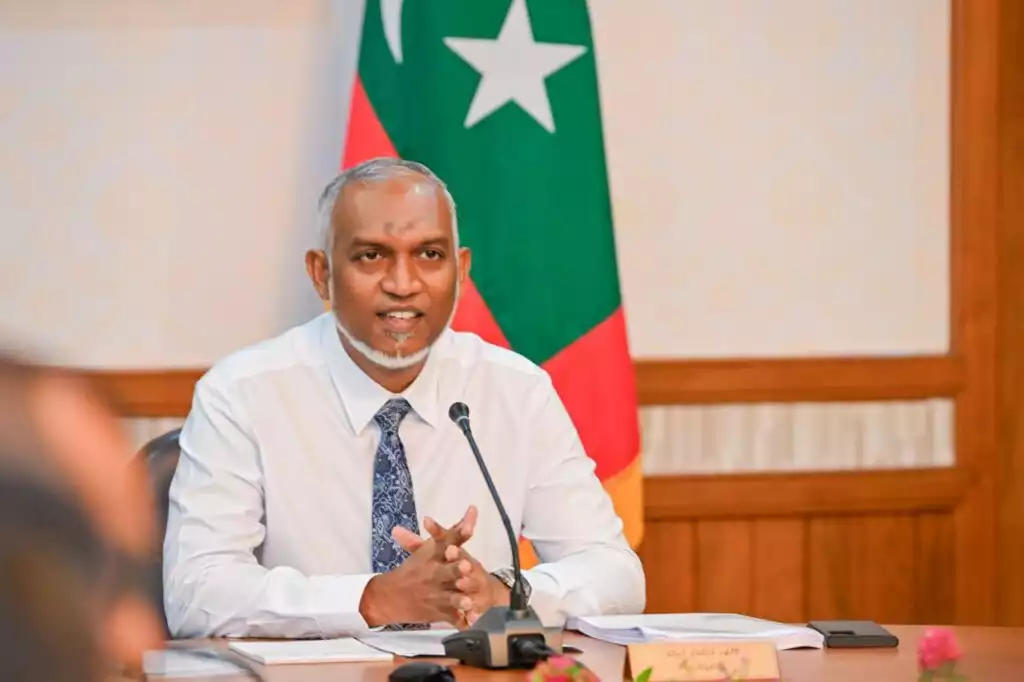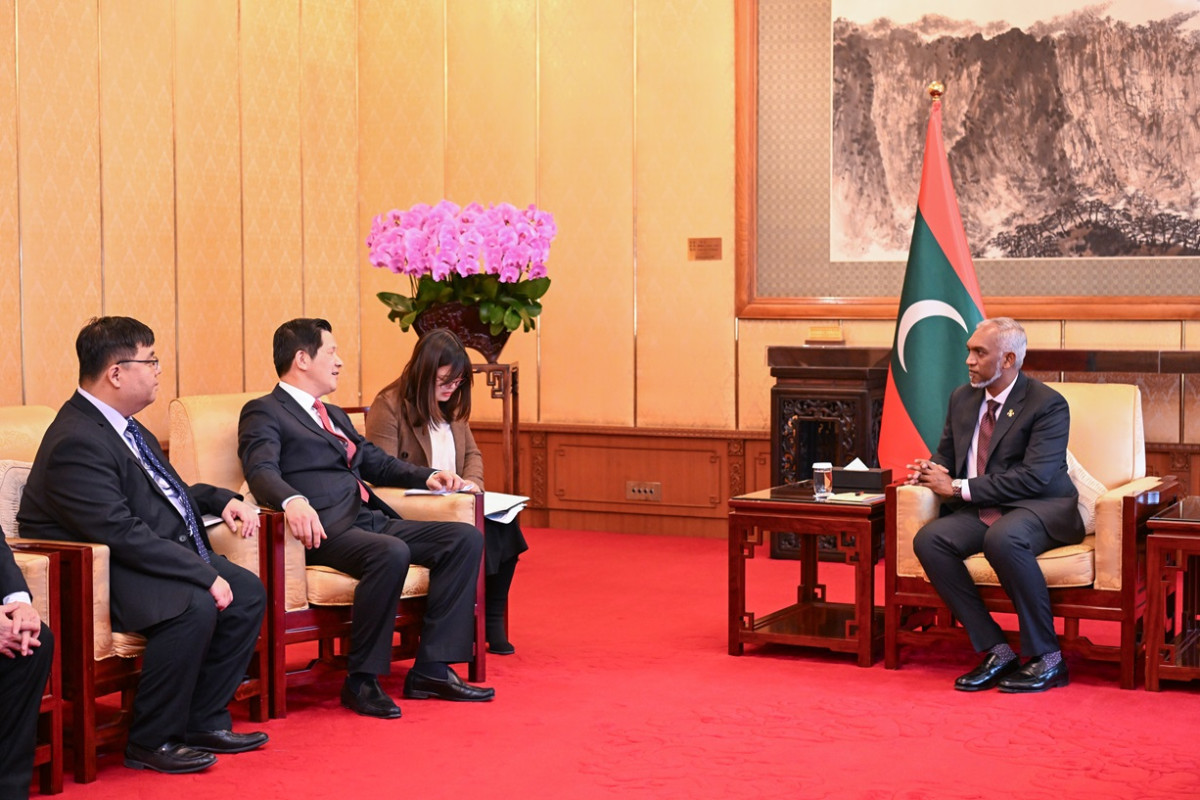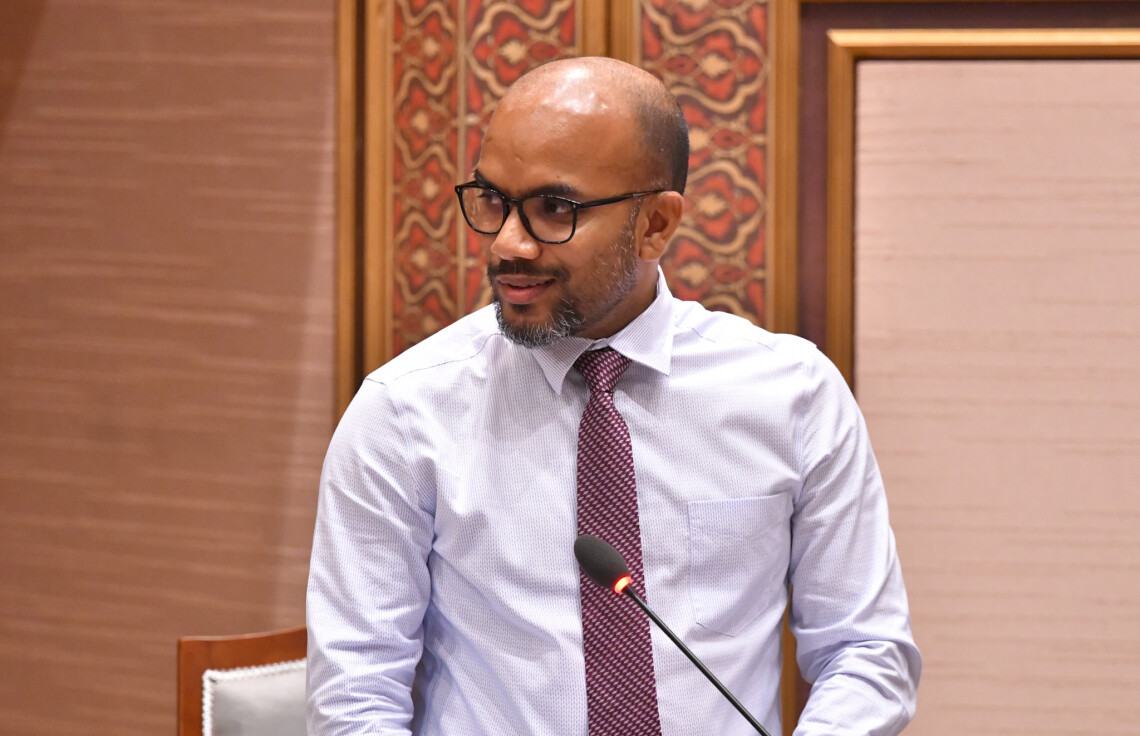80 councils unite in opposition to proposed Decentralization Act amendments
80 councils have opposed amendments to the Decentralization Act that restrict council powers in Maldives


President Dr. Mohamed Muizzu at a Cabinet meeting
To date, 80 councils have issued statements against the amendments brought to the Decentralization Act by President Dr. Mohamed Muizzu's government, which restrict the powers granted to councils.
The amendments to the Decentralization Act, which limit councils' authority to conduct business, lease properties, implement development projects, and hire staff, were passed by the People’s Majlis on August 6.
Although the bill was passed by the People’s Majlis, where the main ruling People’s National Congress (PNC) holds a supermajority, Muizzu has not yet ratified it. The president has 15 days to either ratify the bill or return it to the parliament. If he does not ratify it within this period, the bill will automatically become law.
Among the councils that issued statements expressing major concerns about the bill are HDh. Kulhudhuffushi City Council, GDh. Thinadhoo Council, Addu City Mayor Ali Nizar, and Malé City Mayor Adam Azim. The Local Council Association has also released a statement against the bill.
In their statements opposing the amendments proposed in the Decentralization bill, the councils stated that the government aims to dismantle the decentralized system through a calculating plan. They also claimed that these measures are intended to hinder councils and impoverish the people of the islands.
The statements further described these amendments as openly challenging the democratic aspirations of all Maldivian citizens and a deceptive attempt to systematically strip power from the island communities.
The obstacles faced by councils due to the bill passed by the parliament include barriers to conducting business, preventing individuals from continuing their existing businesses, and creating hurdles for property leasing.
In addition to this, the bill includes provisions such as prohibiting the collection of rent from lands allocated to various parties for providing essential services and exerting influence over financial matters.
Regarding the proposed amendments to the Decentralization Act, which many councils have sought the president's advice on, the Minister of Cities, Local Government and Public Works Adam Shareef Umar, stated that the government is working to increase the financial empowerment of councils. He also said that they aim to ensure that councils use their financial authority responsibly.






